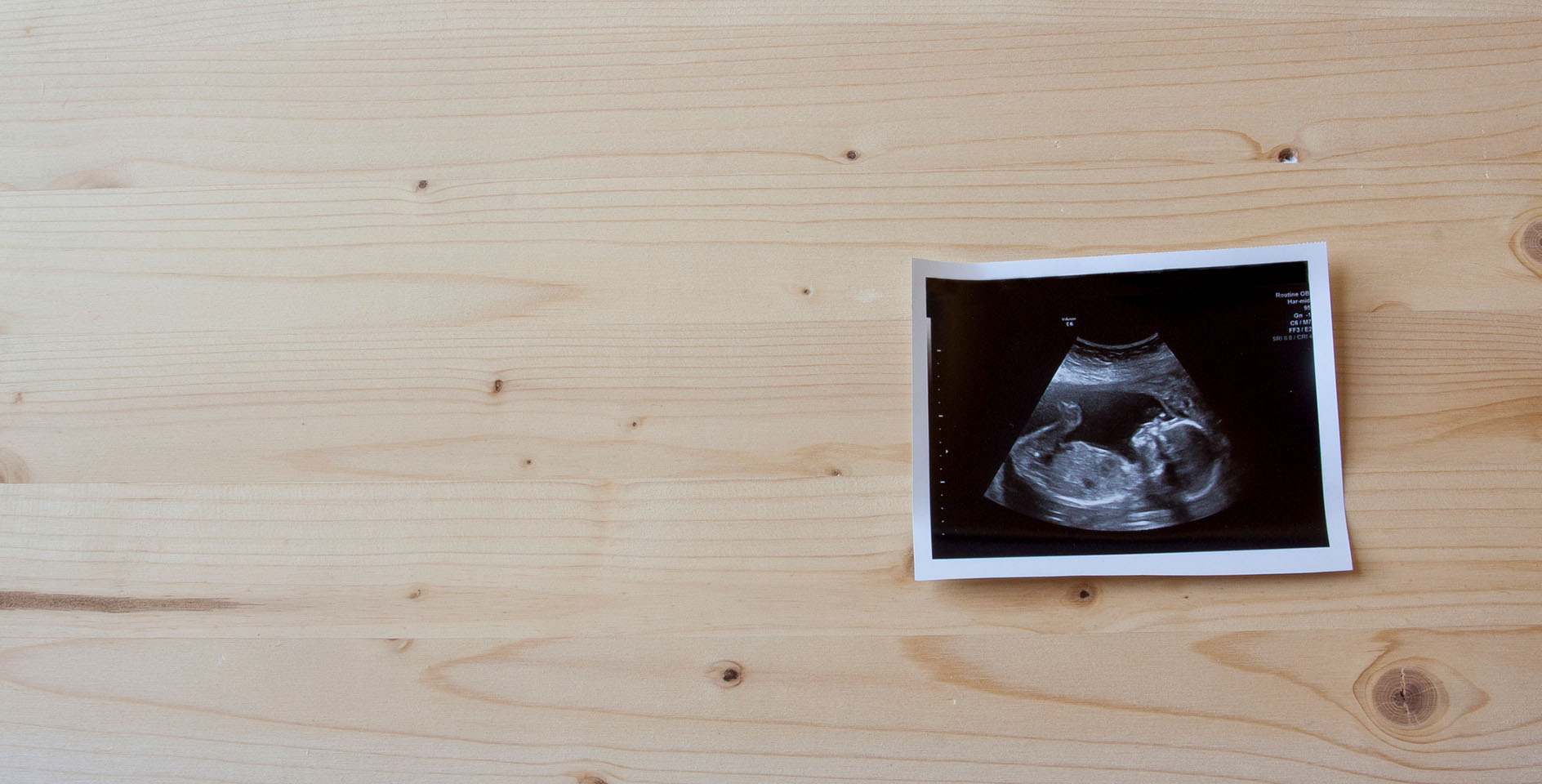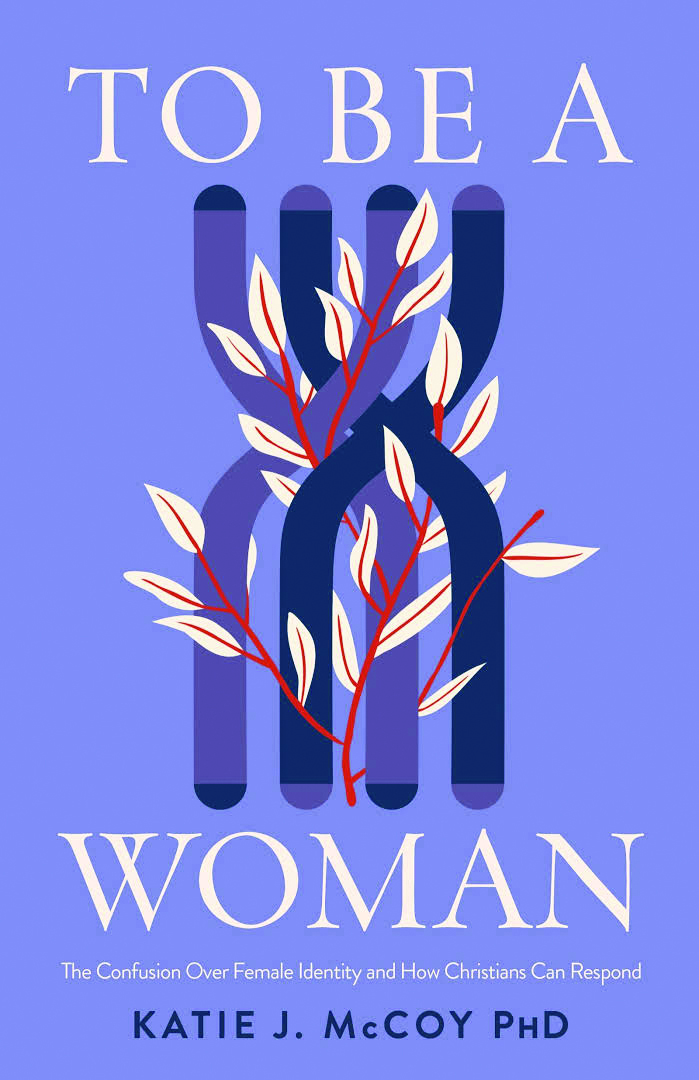“If I could be anything in the world, I would be a mother.” -Abigail Waldron, third grade
David Platt, whose family struggled with infertility, has said, “There is a unique pain that comes from preparing a place in your heart for a child that never comes.” Infertility is a topic that people discuss very little, but I’ve read as many as one in eight couples struggle with it. While that number may sound very high, I imagine if you combine it with the number of couples who experience some other sort of reproductive loss, it would be even higher, making reproductive loss one of women’s most painful and hidden griefs.
Life is valuable. We see this each time God chooses to bring a new baby into the world, and we marvel in wonder at his goodness and kindness in giving us these tiny little miracles. God has entrusted women with the very important role of being life-givers. And this matters, because life matters. Abigail Waldron, author of Far as the Curse Is Found: Searching for God in Infertility, Miscarriage, and Stillbirth, knows this well. She also understands the pain that comes when children don’t come as quickly as one had hoped and the deep grief of losing a baby—her daughter, Avaleen Hope—through miscarriage at 15 weeks.
About the book
In effort to reconcile the God she’s known since childhood with her disappointment and grief, Abigail took the year after her miscarriage and interviewed 11 families who have also suffered some type of reproductive loss. These include families:
- who birthed children after years of infertility
- who were never able to have biological children
- who adopted
- whose adoptions failed
- who pursued various reproductive treatments
- who decided against various reproductive treatments
- who experienced stillbirth
- who experienced secondary infertility
Abigail wanted to see how God has met them in their pain, and in the process, she was hopeful that God would meet her in her own pain. Her story and how she processed her own grief is intertwined within each of the interviews. Abigail hoped her book would be able to serve as a sort of community for those who are hurting and to help them feel less alone in their pain, but most of all, she is hopeful it will help others find glimpses of God, who is mysteriously present in our deepest darkness.
Abigail writes from a real and raw perspective. It’s easy to appreciate her honesty and vulnerability. Grief is deeply painful, and Abigail willingly lets you see glimpses of her heart as she struggles through the questions, “Why would a good God allow such painful suffering? How can his presence be felt and trusted in the face of such great anguish?” Throughout the book Abigail continually reminds herself of the truth of God’s Word in the midst of her intense pain and struggle.
4 common themes
As I poured over each interview, there were several common, helpful themes I noticed:
- God’s sovereignty: Reading through each of these interviews, I noticed many of the families had to come to terms with the fact that we have no control over our fertility. Brian and Linda’s story in chapter five so beautifully illustrates this. “. . . with God, there isn’t an alternative reality.” They trust God’s control over their family: “The story we live is the story God wrote for us . . . God doesn’t have a plan B for building families.” They affirm that “infertility might be a surprise to us, but it’s not to God.”
- You can choose joy: We’re all different. We all respond to pain and grief differently, and that is okay. In this book, you’ll see how people grieved their losses differently, and how sometimes men and women have different ways in processing their pain. No matter how different we may be, we can all choose to fight for joy. Joy is always a choice, and we can trust God to work in and through our suffering to make us more joyful in Christ. At the end of chapter five, Abigail writes, “There is mystery in God’s ways and sovereignty that we will never understand. . .We cannot understand. We cannot control. . . God works in and through suffering to bring mysterious joy. . . It helps in this season of not knowing. . .to be reminded that God wins, that redemption triumphs, that there will be a day, in eternity if not now, when we will see clearly that all of this struggle and loss was indeed somehow God’s strange and mysterious gift.”
- We can trust God: We don’t know our future, but God does. God knows it and plans it. God is in every detail. He knows how every part of our life will work together, and his plans are good. In the midst of our pain, if we can remember God is good and kind, then we’ll be able to trust him to write our story, even if he writes it differently than we would have chosen.
- Life is really about our relationship with Jesus: As much as we we’d like to think that if God would just answer our prayer for a child, we’d always be happy, and our longing would be satisfied, it just isn’t true. Yes, children bring joy and happiness, but they can never be the absolute focus of it without becoming idols. Jesus is meant for that place in our hearts and our lives. He must be the ultimate treasure of our hearts. In chapter 12, Bethany so beautifully reminds us of this as she says, “I guess redemption always comes out of loss . . . Our only hope is Christ. It is not in becoming a mom. It’s not in becoming a family. It’s not in becoming a son or a daughter. It’s not anything that you gain in this life that matters. It’s your relationship with Christ.”
Martin Luther said, “Even a weak faith may lay hold of a strong Christ.”
Conclusion
As a woman who has experienced reproductive loss myself in the form of unexplained infertility, I would wholeheartedly recommend Abigail’s book to other women. You may not completely relate to her struggle with a year of infertility and miscarriage, but chances are, you can relate to one of the other families interviewed in the book. In this book, you’ll see how these families came to see God and rest in him during their pain and suffering.
If you’re currently struggling with some sort of reproductive loss, let me encourage you with what Martin Luther said, “Even a weak faith may lay hold of a strong Christ.” You may want to pick up Abigail’s book to discover you might not be as alone in your pain as you think.









